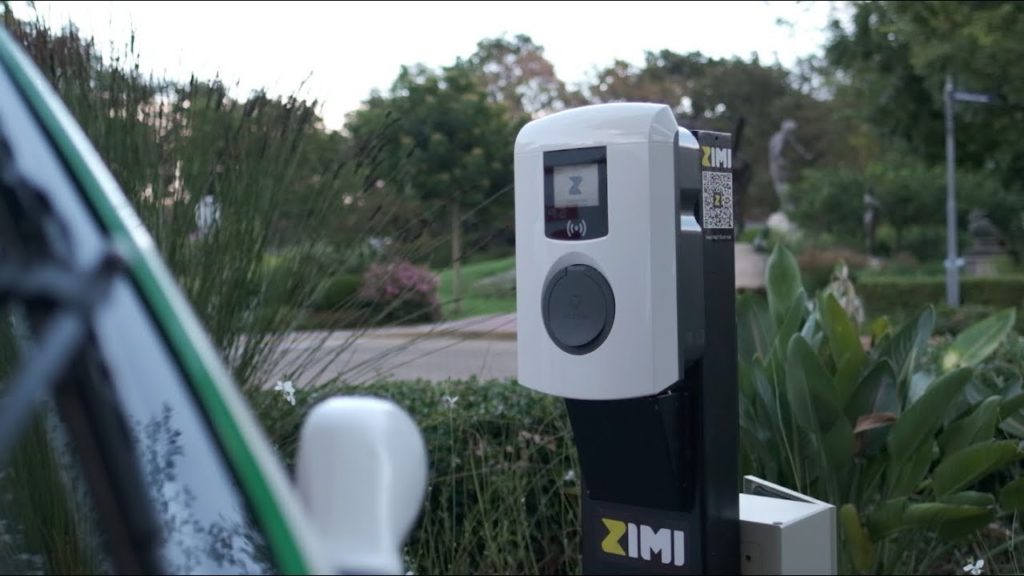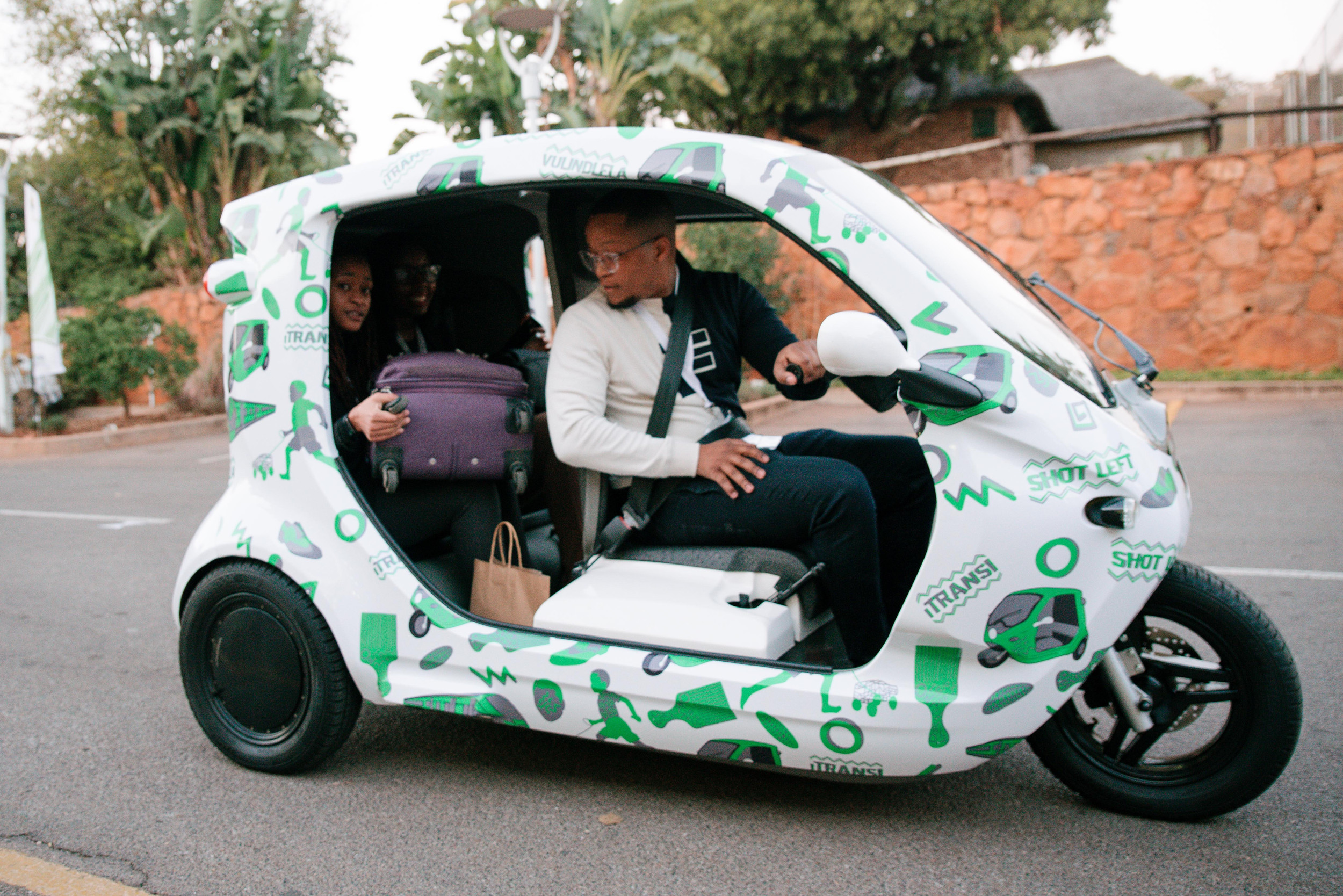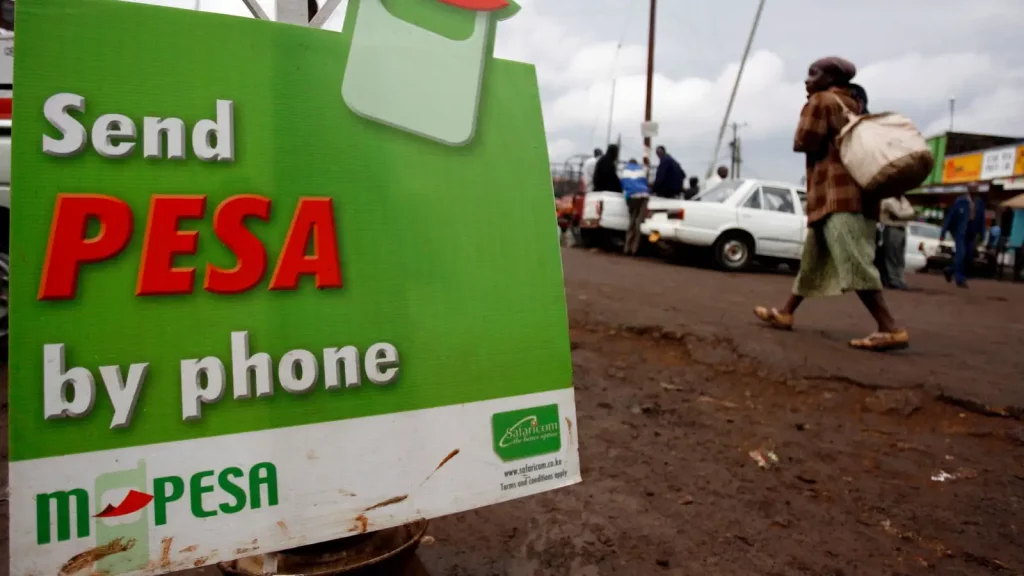South Africa’s power challenges, exacerbated by national provider Eskom’s seemingly never-ending issues, are no secret.
Despite the obvious elephant in the room, there are electric vehicle (EV) startups in the country that are swimming against the current by actively partaking in an industry which is heavily reliant on electricity. For most EV mobility startups, load shedding has been more of a double-edged sword for their businesses.
On one hand, it has caused a lot of apprehension in the market for undertaking EV initiatives due to the lack of steady power supply . On the other, perhaps more friendly hand, the trend of load shedding has seen lots of renewable sources of electricity and storage being installed for fleets as mitigation.
This trend has created a significant amount of business for Zimi Charge, a Cape Town-based EV startup which provides charging infrastructure for delivery, logistics, rentals, e-hailing, and technical services.

“EVs form part of a broader thinking about e-mobility, and the vehicles can’t be separated from the energy used to power them, especially in South Africa. I think there is a lot of space, especially in the next two years, to start using vehicle batteries as storage for homes and businesses (what is typically referred to as vehicle-to-grid systems). This is a big opportunity,” said Michael Maas, CEO of Zimi Charge.
Before the opportunities, there are challenges
Despite the opportunities, South Africa’s pressing power challenges have meant that for EV startups, convincing consumers to rely on electric mobility has become harder in the last 15 years that the country’s national grid has been under severe pressure.
To counter this psychological bias in customers’ minds, education is key, according to Fezile Dhlamini, founder and CEO of Green Scooter, a Gauteng-based EV mobility startup which designs, assembles, develops, manufactures, and sells high-performance fully electric vehicles and advanced electric vehicle powertrain components.
“On our side, we just try to make sure that we counter it [psychological bias] by showing our customers how our solution actually works and how it is independent of the country’s current power challenges, “ said Dhlamini.
Green Scooter claims to have commercially produced a federally-compliant highway-capable electric vehicle, the Zbee RS & Zbee Cargo, which “combines a market-leading range on a single charge with attractive design, driving performance and zero tailpipe emissions.”
With creating the Zbee range, Green Scooter developed a proprietary electric system that incorporates four key components—an advanced battery pack, power electronics module, high-efficiency motor and extensive control software—“all of which we are still working on which we aim to launch commercially into the market.”
“We believe our core intellectual property contained within our electric powertrain will form the foundation for our planned future electric vehicles,” added Dhlamini.
To traverse the power challenges in order to keep their operations and infrastructure operational as well to also ensure that they service their customers as efficiently as possible, according to Maas, timing is key.
“We’ve found that helping fleets accurately plan energy availability has been key – really understanding the needs they have when operating from a demand side and matching that to when power is available. Luckily our software and systems have been tailored to ensure they can charge at the right time and still deliver to customers,” he said.
What is the future of EV mobility in South Africa?
For Dhlamini, the success of EV mobility in South Africa will depend on the sector’s ability, especially the entrepreneurs, to confidently build indigenous products and solutions. Getting to that point will require support from external players such as the government, something he says is currently hard to come by.
“We already saw in the media how the government is always ready to run and take pictures and hug and shake hands with the foreigners from Asia or Europe to come to build electric vehicles here. All the support is going to these people, but for South Africans who are trying to do the exact same thing there is always pushback,” said Dhlamini.
Another factor to address in order to ensure a brighter future for EV mobility in Africa, according to Dhlamini, is to educate Africans to be more inclined towards adopting indigenous EV solutions over exotic ones.
For Maas, the acceleration of climate change and its effects presents an opportunity for the growth of EV mobility in South Africa in the future.
“I think EV has a very bright future in South Africa – climate change is already having a massively negative effect on our country and the faster we can decarbonise transport, the better it will be for all South Africans,” he added.
With the solution to Eskom’s issues nowhere in sight after 15 years, it seems like instead of dying with the national grid, South Africa’s EV mobility sector is keeping its feet on the ground and persevering despite the unfriendly operating environment.




















